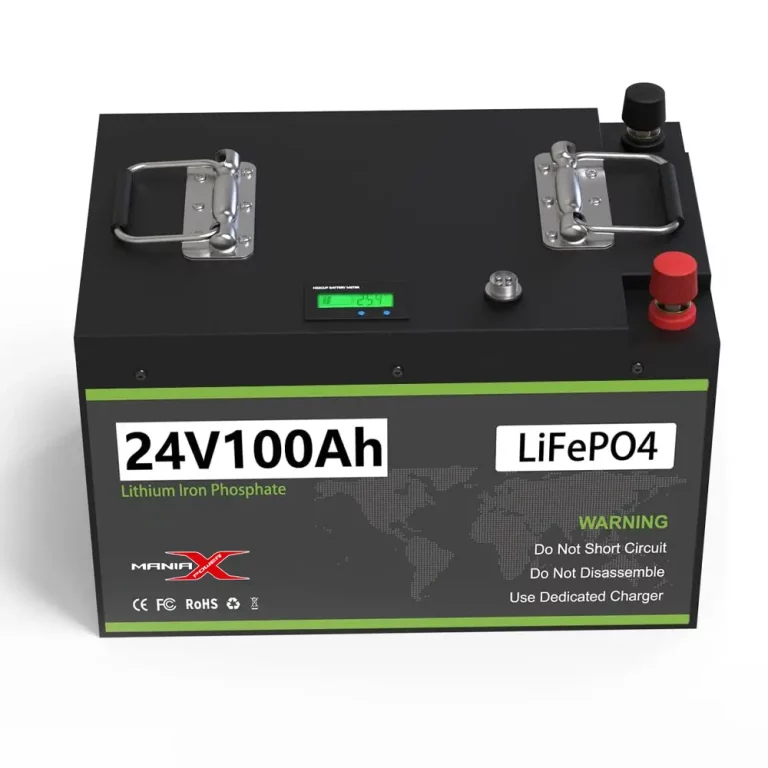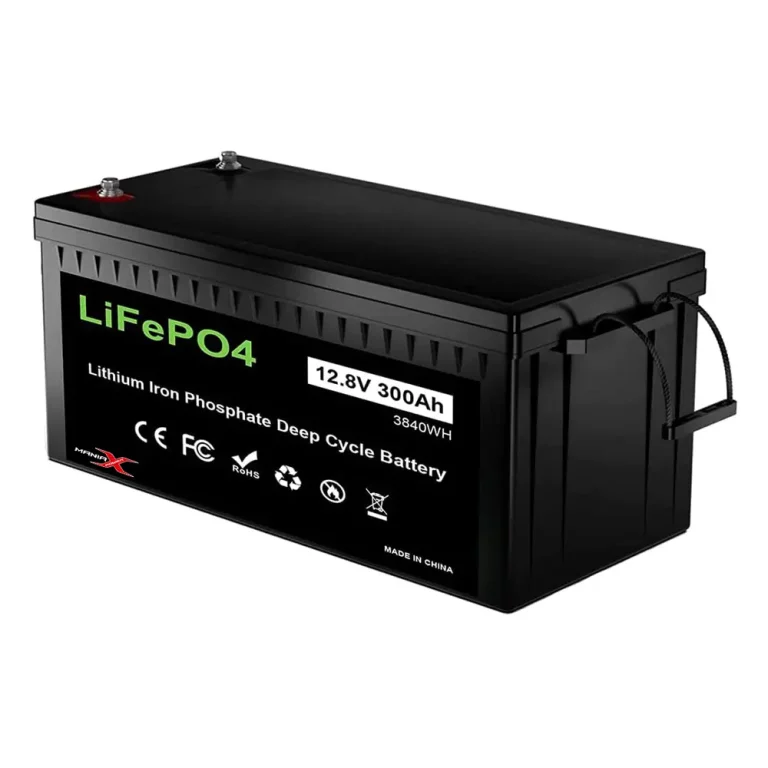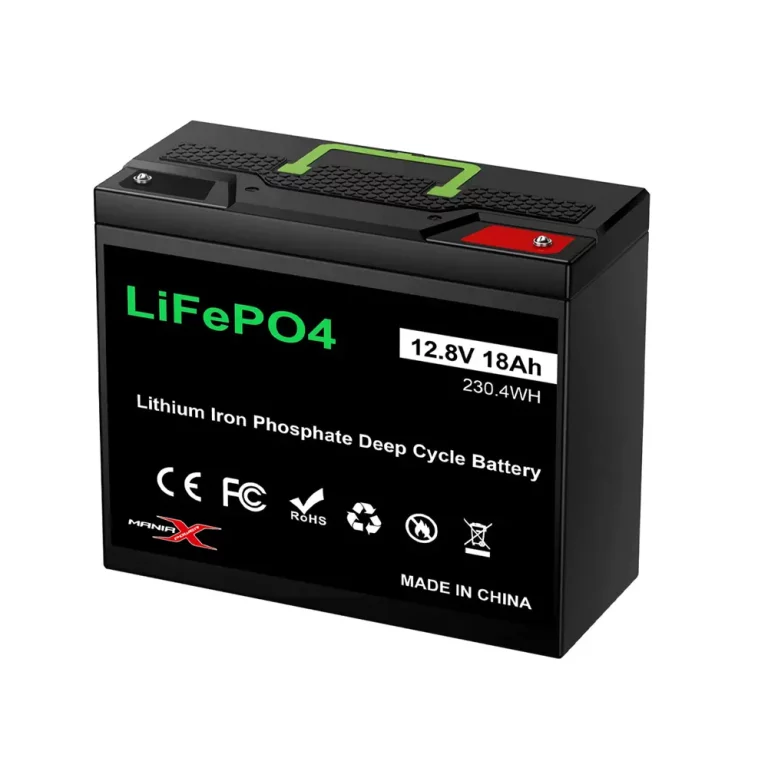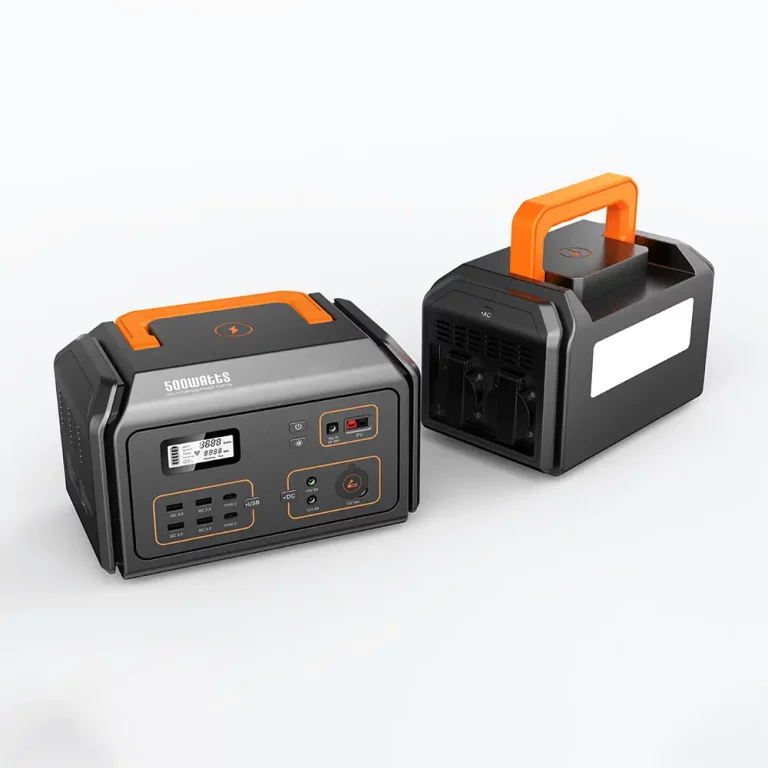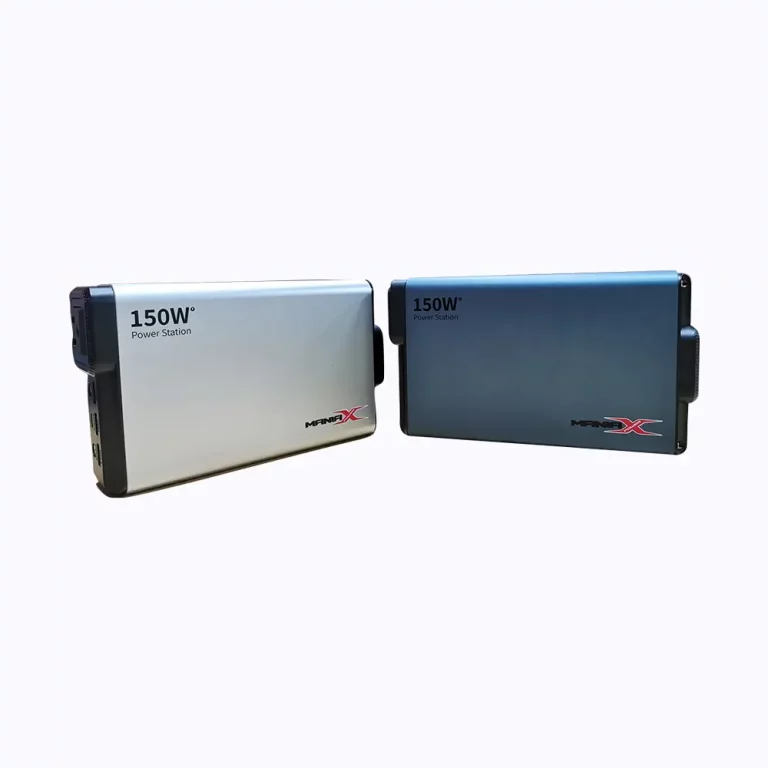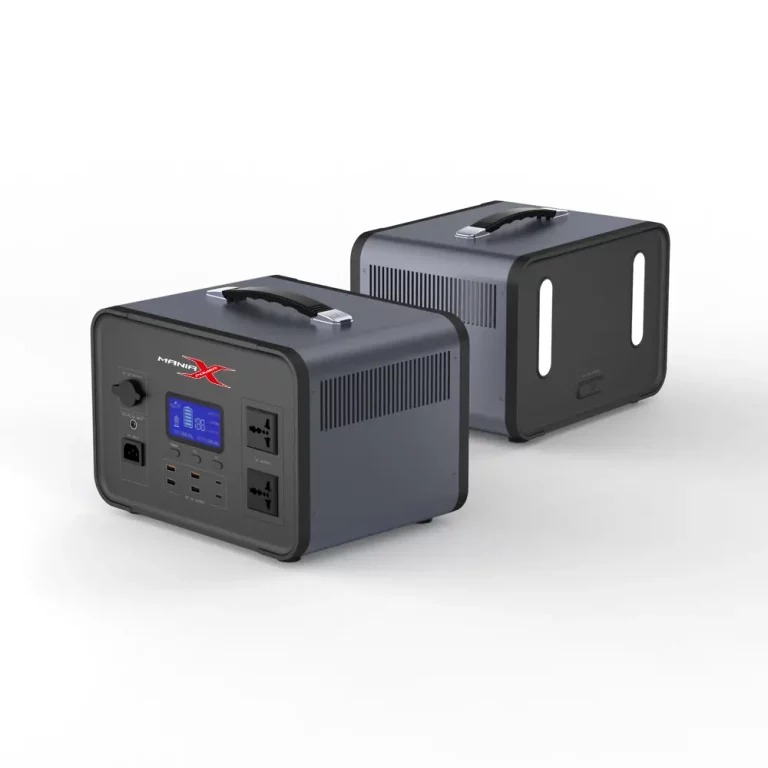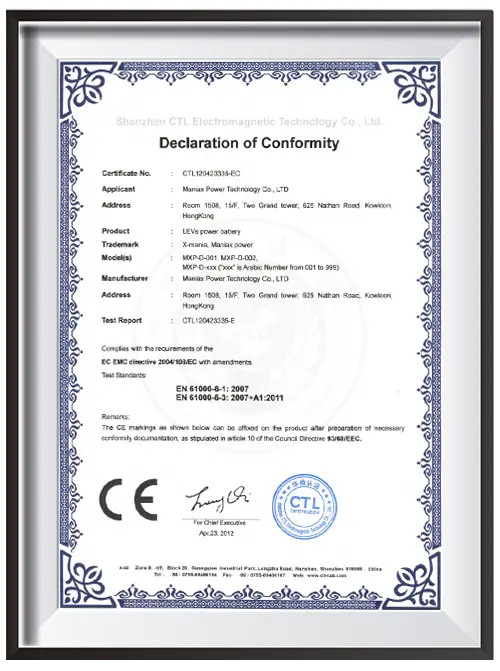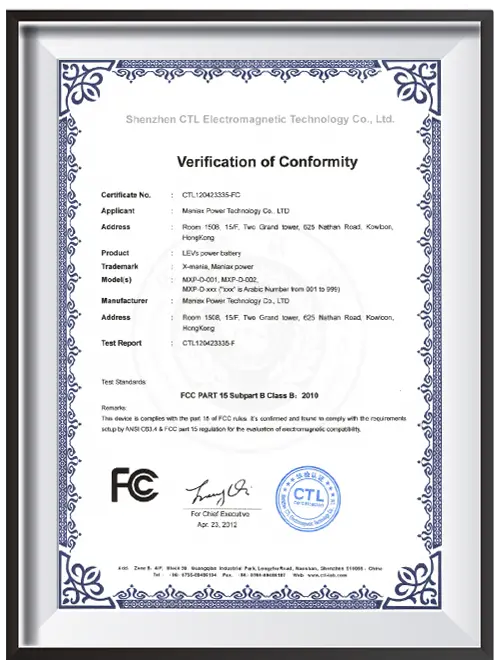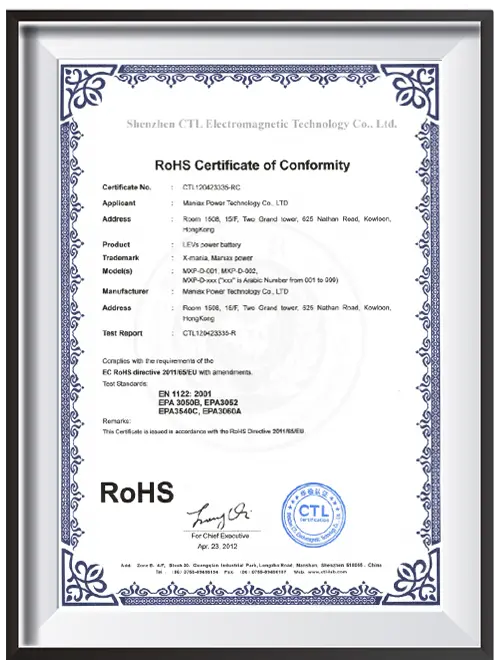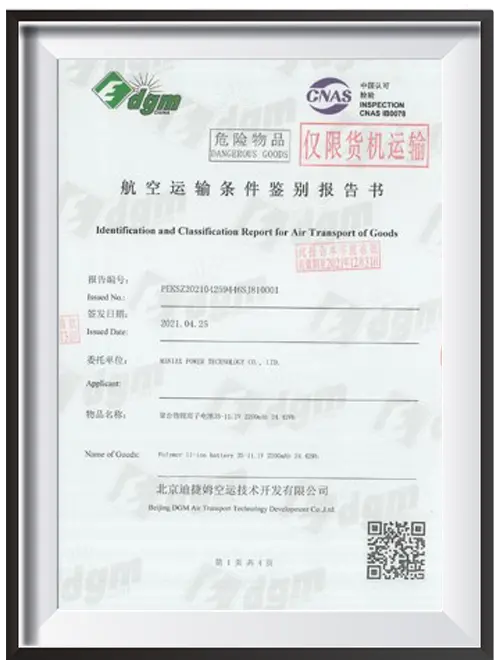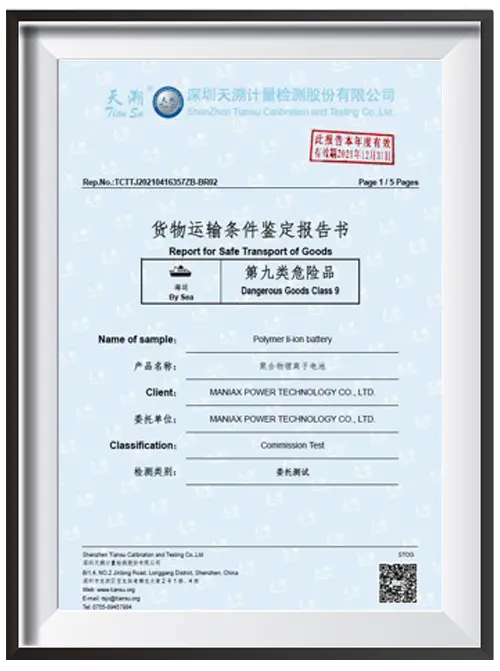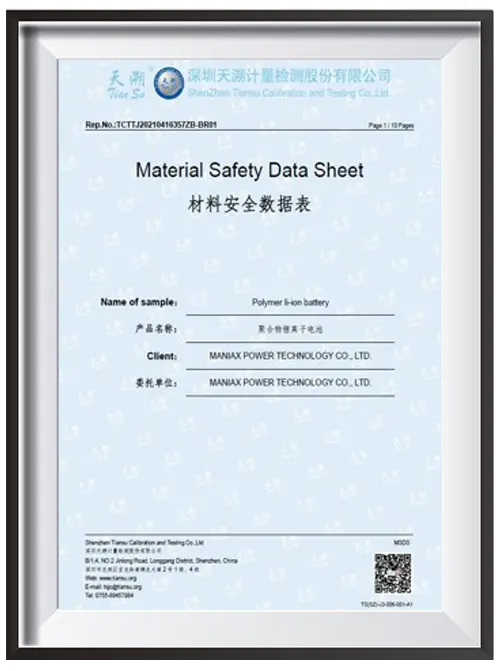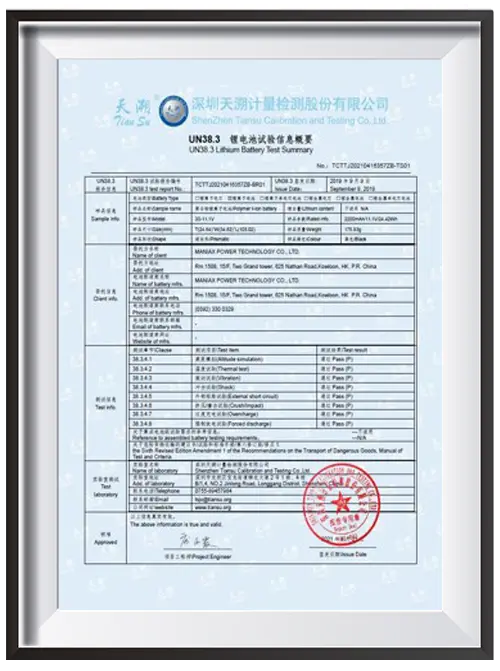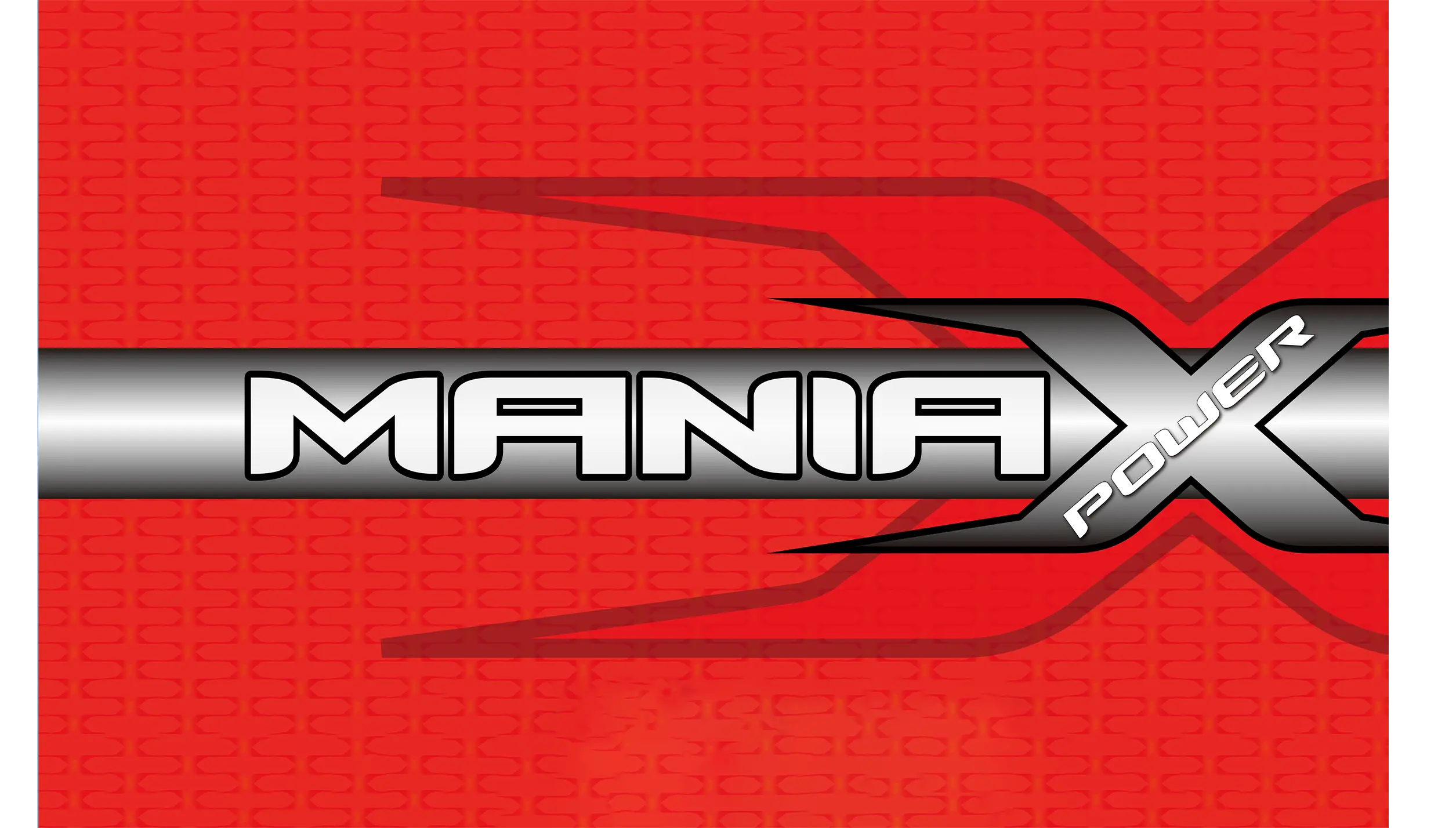
About ManiaX
Welcome to ManiaX Power Energy, the most reliable, competitive and fast customer-services experienced national High-tech enterprise and manufacturer of Li-ion/Lipo/LiFePO4 battery for various electric-vehicles, portable energy storage system products and solutions…etc.
ManiaX has always been dedicating to supply customers’ customized requirement on products and solutions all over the world. ManiaX has passed ISO9001, ISO14001, quality management system, UL, CE, FCC, RoHS, UN38.3, MSDS…etc. certificates.
All products are made by high quality battery cells, with our professional team handling of every products from R&D till arrival at customers’ hands. And with professional advanced battery test equipments that ensure every product is maintaining a high and reliable level of quality!
Manufacturer of wide range of battery products with custom production capabilities and multiple custom applications, ManiaX Power Energy is renowned for its various li ion batteries and LiFePO4 replacing lead-acid batteries.
As an ISO 9001 and ISO 14001 LifePO4 battery manufacturer, we at ManiaX not only provide top-quality products, but we also customize them as per our customer requirements. For instance, we provide our EV LiFePO4 replacing lead-acid batteries are available in various specifications such as: 2v 105Ah,12v 18Ah,12v 50Ah,12v 100Ah,12v 200Ah,12v 300Ah,24v 100Ah etc.
Although we are renowned in the market as LiFePO4 battery manufacturer and li Ion Battery manufacturers, we also have a wide range of products in our portfolio such as Motorcycle and car jump starter batteries as well as a powerhouse portable energy power station with different energy specifications.
Whether customers hire us as their custom LiFePO4 battery manufacturer or Li Ion Battery manufacturer, ManiaX Power Energy enjoys one of the highest customer satisfaction ratios in the market. With elite and satisfied clientele from across the globe, ManiaX Power Energy has defined their processes and products in a manner that it fulfils all the custom requirements of our clients.
Hot Products
LiFePO4 repalcing battery widely used for Solar Energy Storage system, Uninterruptible Power Supplies (UPS), Golf Carts /Marines /E-Bicycles /E-Folklifts /E-Wheelchairs...etc. and other electric Home Appliances.
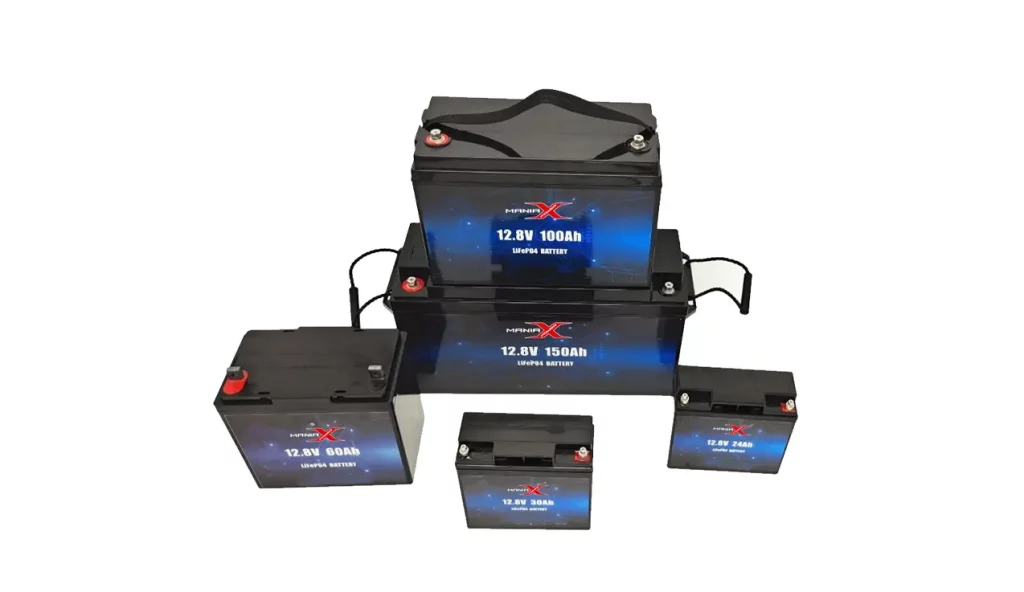
Application Scenarios
Our Market Dominance
Talking about our market dominance, there are a lot of factors that come into play, but the 3 pillars of our strength that has made ManiaX a name of trust and credibility are as follows:
ManiaX pillars of strength as LiFePO4 battery manufacturer and li Ion Battery manufacturer.
ManiaX proudly holds many different quality assurance certifications such as UL, CE, FCC, RoHS, UN38.3, MSDS and others along with the ISO certifications. Along with strong quality assurance certifications, we have also established a high-end manufacturing facility that enables our experts to provide reliable and quality products to our clients.
Being one of the fastest and most-efficient customer handling processes in the market, we not only ensure timely delivery, but also a top-quality one. As your li Ion Battery manufacturer we only use the best quality battery cells that ensure product quality and durability for our customers procured at most competitive rates in the market.
Contact US
If you have any questions, please leave a message and contact us.
